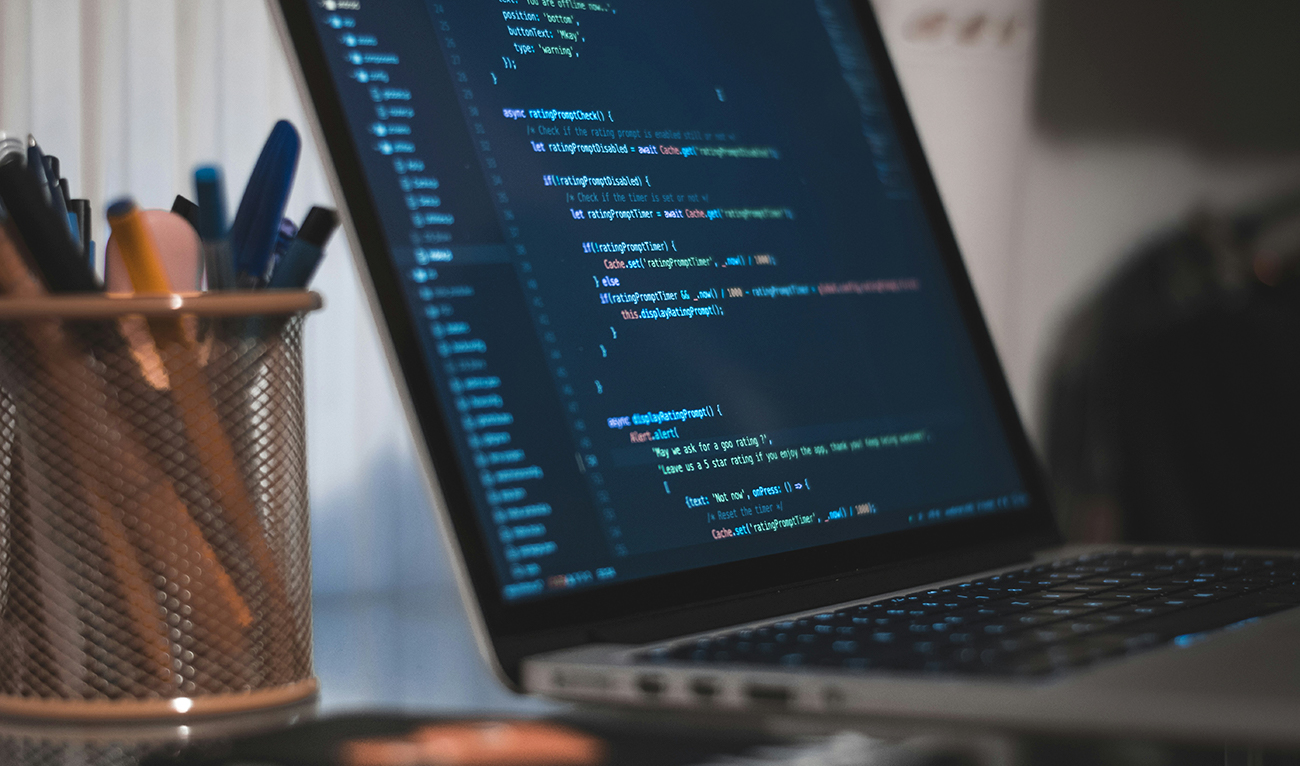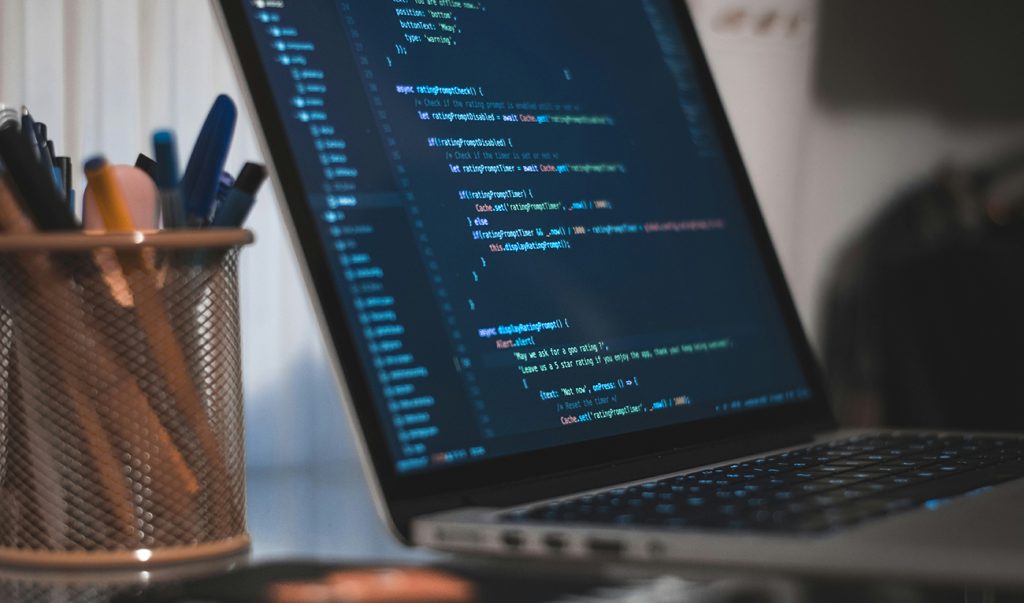
4 Reasons Why Everyone Should Know the Basics of Programming
There are many opinions about whether designers should or shouldn’t learn how to code. I beg to extend that question and argue that everyone should know at least the basics of programming.

My definition of basic is HTML and CSS. I suppose I could summarize this whole post with one single and short reason why everyone should code: knowing how to code empowers you. But that’s such a simple statement, and it isn’t enough, so let’s explore the four reasons why everyone should know the basics of programming.
1. The Web Is Among Us All
When planning this post, I was going to mention everyone who works in tech. I mean, people who work in this industry need to understand the basics of programming because they work in the field. It’s like being a teacher who doesn’t like learning; it just doesn’t make sense.
So, if you are a designer, a marketer, a sales rep, or a CEO working in the tech industry, it doesn’t make sense for you not to know the basics of programming. It’s such an important part of the field it’s silly not to know it.
Now, I’m not saying that a marketer needs to know how to develop a full-blown iOS app, but knowing the ins and outs of HTML and CSS is something totally manageable and helpful. You will not only be better at your job but also be more valuable to your company.
Yes, EVERYONE Should Code
I don’t want to stop there; I don’t want to talk only about those who work in the industry. The internet is such an important part of our everyday lives that I strongly believe that everyone should learn HTML and CSS.
It’s such a basic and easy-to-obtain skill, but it’s not being taught in schools. That’s why organizations like Code.org are creating campaigns like Hour of Code.
That’s also why the industry has such a shortage of great developers and engineers. Basic programming should be an elementary part of our schooling because we all know technology is booming, but we are not learning it as it grows.
2. Understand the Technologies
How much programming you wish to learn is up to you. But even knowing the basics can be extremely empowering because it will allow you to understand how technology works. This, by itself, is extremely enlightening. This will allow you to comprehend two things: the limitations of technology and the possibilities it presents.
“Writing HTML and CSS is so easy, that there’s actually no excuse not to learn how”
Elliot Jay Stocks
Today, we can build incredible things but can’t have it all yet. For instance, we couldn’t create opacity within websites until a few years ago. Back in the day, this limitation would be a barrier to web designers – the limitations side of this.
On the plus side, maybe you knew a cool hack that could bypass this lack of opacity, push the current technological limitations, and design it your way—that’s the possibilities side.
When you know programming – even if you know just a little – you know what you can and cannot do. This also allows for an incredible opportunity because if you know the limitations, you also know that things change, and you could be part of that change; you could be a person who helps develop technology further to remove limitations and help move technology forward. And that is mighty powerful.
3. Communicate Better With Programmers
As a designer, marketer, or sales rep, you often deal with programmers, engineers, or developers. Of course, it depends on how big the company is and your exact role, but you rub elbows with them no matter what. If you know the basics of programming, it’s simply easier to talk to those guys.
If you’re a designer, it’s tremendously easy to talk with the programmers when building something together. The key isn’t to speak their lingo, per se, but rather to have an easier time understanding and communicating with each other.
If you’re someone who isn’t part of the production team like a customer service rep, you can always pull a developer to the side to ask for changes in the company’s intranet software, or you can ask for a small change on the website or to the product that will impact the customers.
It all boils down to better communication between you and the people who build things. It’s extremely helpful when people know what they are talking about when they speak with engineers.
4. Express Yourself
This is by far my favorite reason for learning the basics of programming. It’s the greatest feeling in the world when we create things.
We create various small things daily, like a great chocolate cake, writing a blog post, or even making your bed. When we make or do things, we feel good. So imagine how you’ll feel when you prototype or mock-up your designs. It’s fantastic knowing you can build what you thought of. This is also a key to being empowered – when you can do something independently.
If you want to learn programming in greater depth, you can build a whole product all by yourself, and you don’t have to be a programmer or work with one, for that matter. It most definitely helps when someone whose job it is to build stuff does it for you, but it’s nothing in comparison to when you can build your own ideas, albeit an app as a side project or a whole business, because you want to work for yourself.
That’s it!
So there you have it; these are the four reasons why everyone – no matter who you are – should know the basics of programming. It’s a tremendously important and rewarding skill to have. It will impress others and help you do your job better.
But, most of all, it’s a skill that will empower you; it will make you feel good about the things you can do yourself. Craig Buckler said it best:
a good web designer is interested in the web. I wouldn’t necessarily expect them to hand-code a grid layout, but they should at least understand what a grid layout is and how it can be adapted for different screen sizes.
I believe that it’s not just a point of view made for web designers but for everyone.